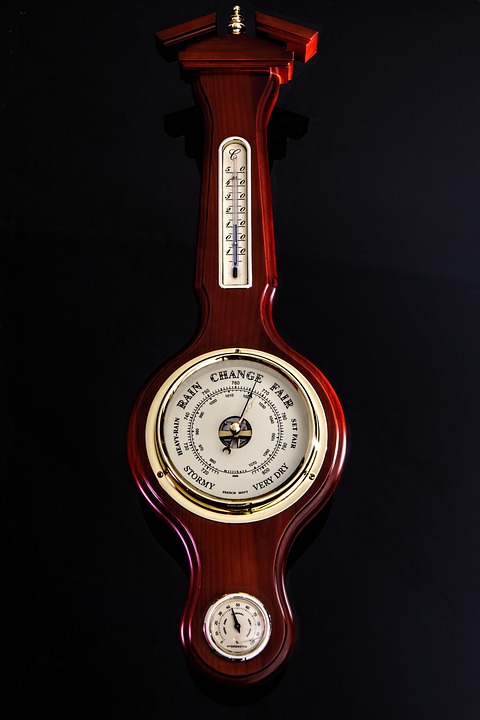Introduction
Weather forecasting plays a crucial role in shaping various aspects of society, including business operations. From agriculture to transportation, weather conditions can have a significant impact on how businesses operate and make decisions. In this article, we will explore how weather forecasting can influence business operations and the importance of staying informed about upcoming weather changes.
1. Agriculture
Impact of Weather on Agriculture
One of the most weather-dependent industries is agriculture. Farmers rely on weather forecasts to make decisions about when to plant, harvest, and apply pesticides or fertilizers. Extreme weather events like droughts, floods, or storms can greatly impact crop yields and animal production. By monitoring weather patterns and forecasts, farmers can better prepare for potential risks and adjust their strategies accordingly.
Using Weather Forecasting in Agriculture
Weather forecasting tools provide farmers with valuable information about temperature, rainfall, humidity, and other factors that can affect their crops. By using this data, farmers can optimize irrigation schedules, adjust planting dates, and take preventive measures against pests and diseases. Accurate weather forecasting can help farmers increase their productivity and reduce losses, ultimately improving their bottom line.
2. Transportation
Weather’s Impact on Transportation
Weather conditions can have a major impact on transportation systems, including airlines, shipping companies, and trucking companies. Severe weather events like snowstorms, hurricanes, or heavy rainfall can disrupt schedules, cause delays, and increase the risk of accidents. By keeping track of weather forecasts, transportation companies can better plan their routes, schedules, and operations to minimize disruptions and ensure the safety of their passengers and cargo.
Using Weather Forecasting in Transportation
Transportation companies rely on weather forecasting services to make informed decisions about when to cancel or delay flights, reroute ships, or adjust delivery schedules. By using real-time weather data, they can optimize fuel efficiency, reduce maintenance costs, and improve overall performance. Weather forecasting plays a crucial role in ensuring the smooth operation of transportation systems and avoiding costly disruptions.
3. Retail
Weather’s Influence on Retail Sales
Weather conditions can significantly impact consumer behavior and purchasing patterns. For example, warm weather can boost sales of outdoor clothing, barbecue grills, and swimming pool supplies, while cold weather can increase demand for winter clothing, heaters, and hot beverages. By monitoring weather forecasts, retailers can anticipate changes in consumer demand and adjust their inventory, marketing strategies, and promotions accordingly.
Using Weather Forecasting in Retail
Retailers use weather forecasting tools to predict upcoming weather conditions and analyze their potential impact on sales. By incorporating weather data into their forecasting models, retailers can better plan their promotions, product assortments, and pricing strategies. Weather forecasting helps retailers optimize their inventory management, reduce stockouts, and maximize their profitability by aligning their offerings with changing consumer preferences.
4. Energy
Weather’s Impact on Energy Production
Weather conditions play a critical role in energy production, especially for renewable energy sources like solar and wind power. Wind speed, sunlight intensity, and temperature levels can affect the output of solar panels and wind turbines. By monitoring weather forecasts, energy companies can better estimate their energy production and adjust their operations to meet demand and optimize efficiency.
Using Weather Forecasting in Energy Production
Energy companies use weather forecasting services to predict changes in weather patterns and optimize their energy production. By integrating weather data into their scheduling and forecasting systems, energy companies can reduce their reliance on fossil fuels, increase their use of renewable energy sources, and improve their overall sustainability. Weather forecasting helps energy companies manage their resources effectively, reduce costs, and minimize their environmental impact.
Conclusion
Weather forecasting plays a crucial role in influencing business operations across various industries. From agriculture to transportation, retail, and energy, weather conditions can have a significant impact on how businesses operate and make decisions. By staying informed about upcoming weather changes and using weather forecasting tools, businesses can better manage risks, optimize their strategies, and improve their overall performance. Weather forecasting is a valuable asset for businesses looking to stay ahead of the curve and adapt to changing weather patterns in today’s dynamic and unpredictable environment.
